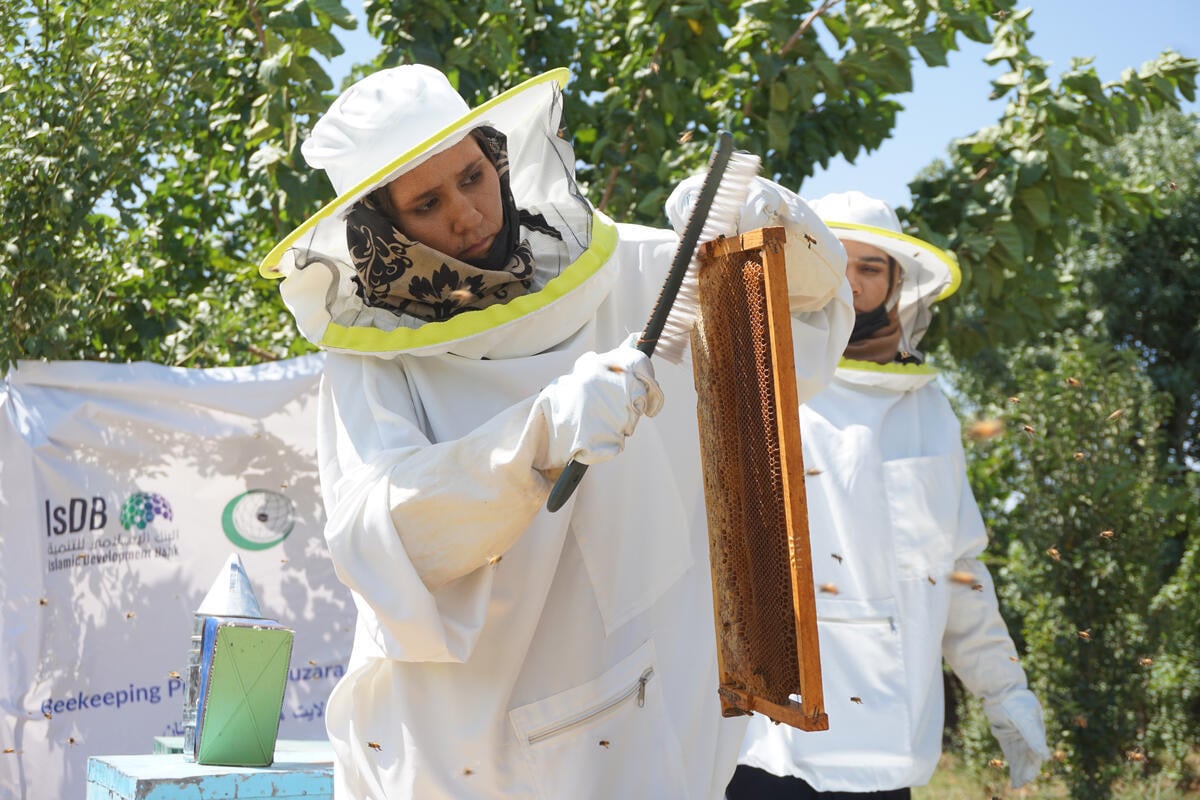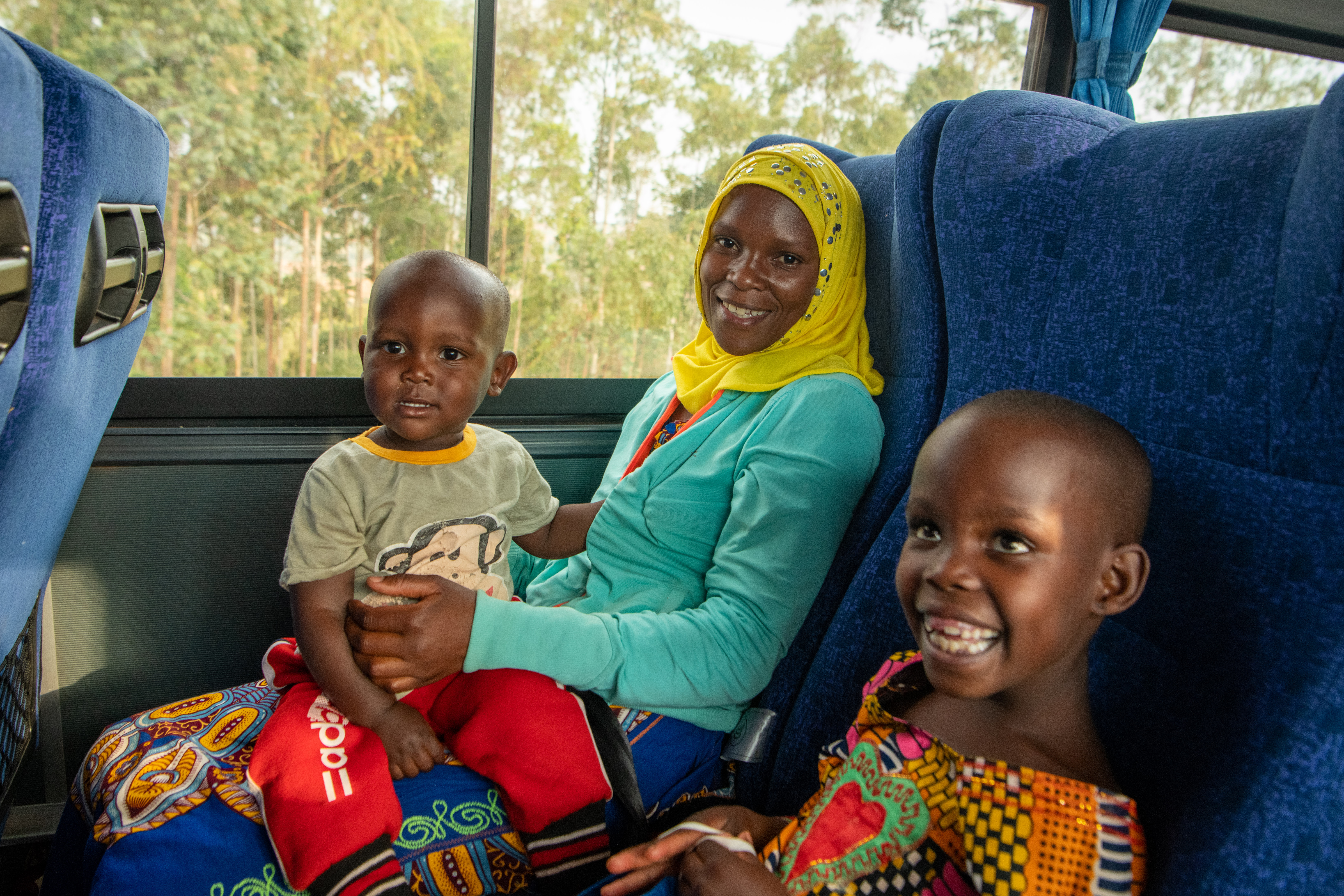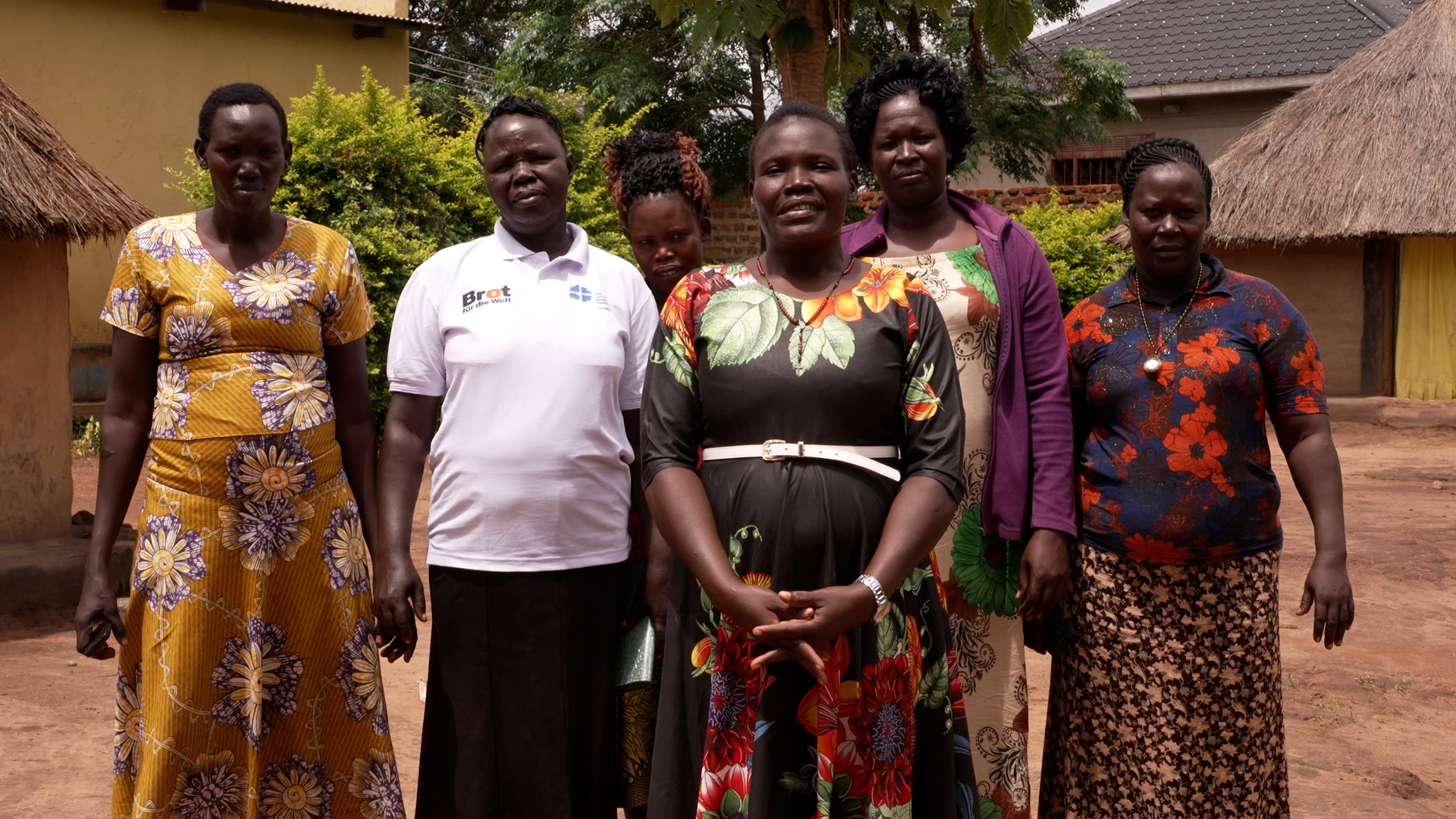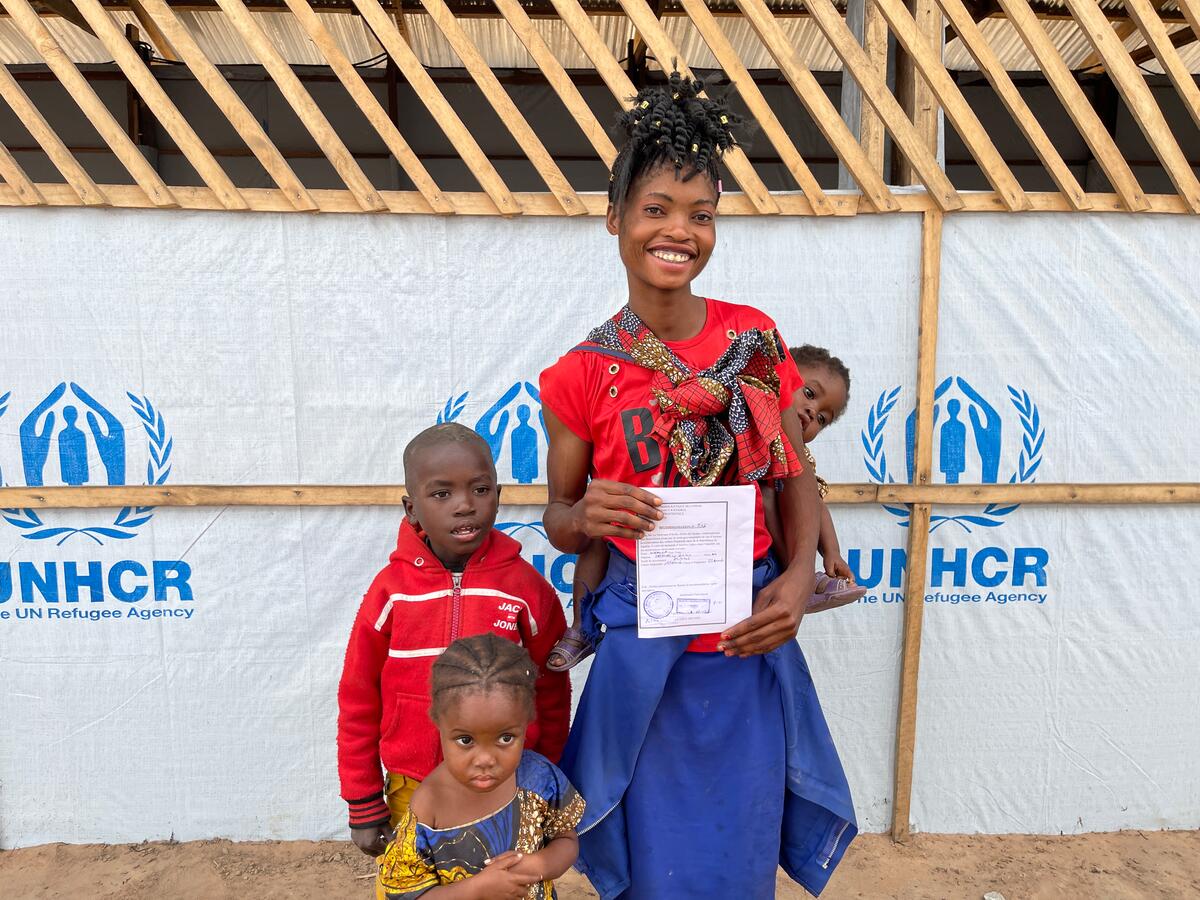50,000 Afghan refugees from Pakistan returned this year under UNHCR voluntary programme
50,000 Afghan refugees from Pakistan returned this year under UNHCR voluntary programme
ISLAMABAD: The UN refugee agency has facilitated the return of over 50,000 registered Afghan refugees from Pakistan so far this year under the agency's largest and longest running voluntary repatriation programme.
As part of its facilitated group return (FGR) initiative, UNHCR on Wednesday assisted a group of 550 registered Afghan refugees return to Herat from its voluntary repatriation centre in Baleli, Quetta, bringing the total number of refugees returned through Balochistan to 9000, so far, this year, which makes 10 per center of the total returns from Pakistan.
From Khyber Pakhtunkhwa this year, some 25,900 registered Afghan refugees opted to return; 11,300 from Punjab, 4,000 from Sindh and 2,800 from Azad Jammu Kashmir.
Of the total 50,433 registered refugees who returned with UNHCR assistance, the majority, 34 per cent returned to the northern region of Afghanistan, followed by the 31 per cent who went to the central regions while 19 per cent of the Afghan refugees returned to the eastern region. Only 9 per cent of the total returns were to the south east while return to the southern regions remain the lower at 5 per cent where security remains a challenge.
In Quetta, Dinesh Lal Shrestha, Head of UNHCR, Balochistan, while bidding farewell to the members of the facilitated group return said, "voluntary repatriation is a cornerstone of the Solution Strategy for Afghan Refugees (SSAR)." Mr. Shrestha hoped that with the formation of the National Unity Government and gradual political stability and better livelihood prospects in some parts of Afghanistan more refugees might opt to voluntarily repatriate to Afghanistan.
Forty-five-years old elder of the returning group to Herat, Ghulam Sakhi said, he and his group mutually agreed to go back to Afghanistan and to take part in the rebuilding of their country. He said he believed there would be sufficient job opportunities upon return.
Like the majority who have opted to return to Afghanistan, Sakhi too is optimistic about the future of Afghanistan. "I and my family chose to return because the law and order situation and livelihood opportunities have considerably improved in my area (Herat)" he said. Sakhi along with his extended community had been living in Loralai, Balochistan for the last 25 years.
On 21 August during the 26th meeting of the Tripartite commission in Kabul, the governments of Afghanistan, Pakistan and UNHCR once again reiterated their commitment to the voluntary repatriation of Afghan refugees, in safety and with dignity, based on considerations regarding the absorption capacity of Afghanistan. The parties agreed that voluntary repatriation continued to be the preferred durable solution for Afghan refugees in Pakistan.
Indrika Ratwatte UNHCR's Representative in Pakistan commended the continuous generosity of Pakistan for extending support to the millions of Afghan refugees in the country and highlighted the need for repatriation to be voluntary, in safety and dignity to ensure sustainable reintegration.
"Afghanistan is rich in human resource, youngsters aged 12 to 30 constitute 44 percent of the total registered refugee population in Pakistan, with great potential to excel if provided the right conditions." Said Mr. Ratwatte and added that, that it is therefore important for all the stakeholders to invest more in the sectors of education and skills training to enable these youngsters to play a productive role in the development of Afghanistan once they return to their country."
With the voluntary return of approximately 3.9 million Afghan refugees since 2002 until to date, Pakistan remains home to some 1.5 million Afghan refugees which is the world's largest protracted refugee population.
Media contact
- Duniya Aslam Khan - +92 300 5017939 - [email protected]
- Qaiser Khan Afridi - +92 300 5018696 - [email protected]
- Javaria Tareen - +92 334 7808091 - [email protected]








